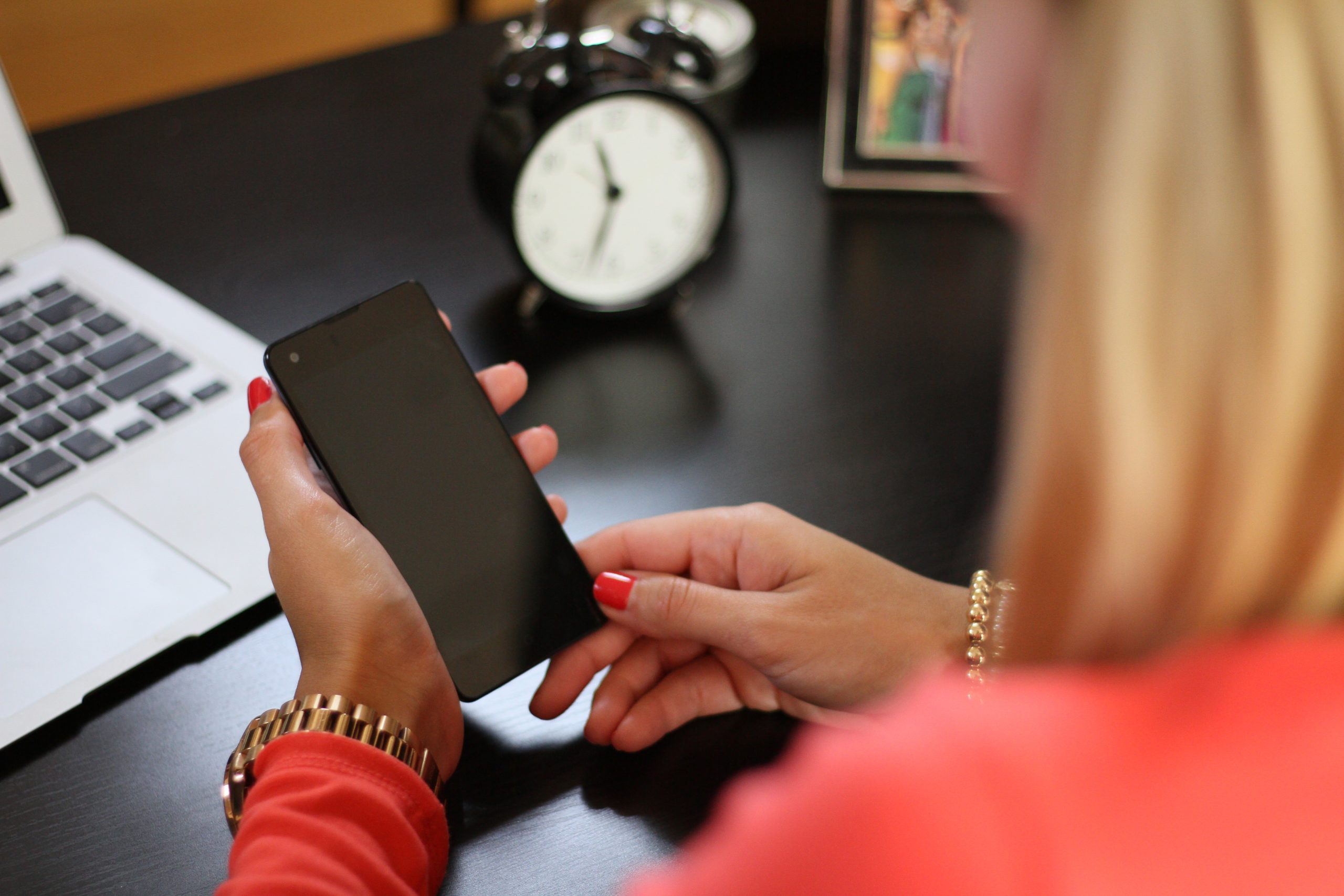I do not need to tell you that there are distractions everywhere! Before you even finish reading this short article, you might take a quick “break” or two to check your messages or social media feeds. Before we know it, an hour has gone by, and we have nothing to show for it.
Of course, staying on task and focused is important in any industry, especially when you are directly responsible for senior citizens’ lives and well-being. So, how do you distance yourself from a world of unnecessary interruptions and keep yourself productive? Keep the following tips and tricks in mind.
Tip #1: Quit multitasking
I will let you in on a little secret: you are not getting three times as much done by working on three things at once. The chances are that you are actually just taking longer to do things less well. Plus, when you have all of these different things up in the air at once, there is that much more of a likelihood that you will get distracted. Bottom line? Fill either paperwork or medications, never both at once.
Tip #2: Make technology work for you
You might not want to hear this next one. Even the things designed to help us stay focused and work more efficiently (communication apps and notifications, for example) usually do a better job of stealing our attention. If you have any phone “dependence,” try installing a plugin that blocks problem sites or otherwise limits your time. Beyond that, you should make sure that your phone is turned on silent and that your notifications are switched off.
Tip #3: Maintain a schedule
We all have a to-do list. But if you want to more efficiently work toward the bottom of that list (as opposed to having it endlessly grow larger and larger), try putting these items against a timetable. For many, it is helpful to have a certain amount of time to complete a task. It is also a good idea to have something that can keep you accountable. For example, let a resident know when they can expect you back, or a colleague know when they can expect a document.
Tip #4: Take breaks
Okay, hear me out here because I know that this might sound counterproductive. It has been proven that breaks can help us be more productive when we are “on the clock.” Of course, you will need to find the work-to-break ratio that works for you. It might be difficult at first, but it will quickly become easier as you train your mind to concentrate.
I hope you made it to the end of this article without falling victim to too many distractions! But even if your mind did wander a little, you now have some tactics for making sure it will happen less frequently.
Photo by Charlz Gutiérrez De Piñeres on Unsplash

